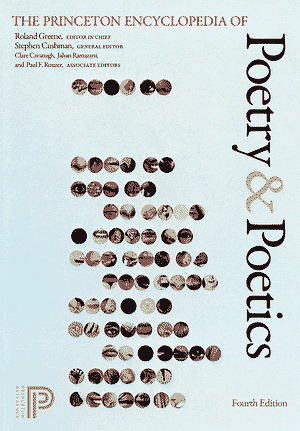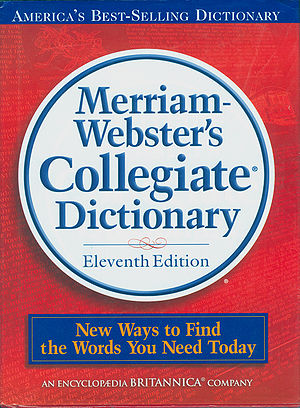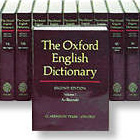| Announcements |
! Final
Paper and Presentation Guidelines:
There are some media associated with the final paper
(due Dec. 6) that I've not been able to incorporate;
these will be added at a later date. Sorry for the
delay, folks. The instructions and consultation sign-up
are here. Have fun exploring!
Media
Tie-In Ideas
Below
are some films (features and documentaries) to provide
background to or context for syllabus stories and poems
and to stimulate discussion if you would like to
incorporate visual media into your lesson. Each title
can be used for multiple topics. For example, The
Occupation of the American Mind might be a
pre-lesson Palestine-Israel background activity for
Handal's poem or a complement to works that relate to
Ngugi's Decolonizing the Mind.
! Nov.
8 Reading: Trends in world anglophone
literature: transhuman, post-human, cli-fi
! Nov.
1 and 3 Reading: Trends in world
anglophone literature: graphic fiction, pandemic fiction
! Workshop
Sheet: Give your response copies
(hard copies or digital) to your group members. See list
below. Read each other's work, make marginal comments
where useful, then fill out the workshop sheet for each response.
Bring the hard copies next class to return to your group
or send them the digital files.
Groups:
! Oct.
25 and 27 Reading: Trends in
World anglophone: Cosmopolitanism, Transnationalism
! Radio
Script: Here is the working
draft of our in-class discussion radio script on postcolonialism, Waiting
for the Barbarians and "In Detention." Make your
edits and add further comments to the discussion on the
collaborative document so that everyone has the same
updated copy.
! Oct.
12, 18, 20 Reading: Trends in World Literature
in English: Postcolonialism
! Midterm Week:
There is no class on Tuesday, October 4. An
essay-type test will be given in our usual class
(MCS 501/2–3) on Thursday, October 6. Here is a review and practice
prompt to help you engage with our reading and class
discussions thus far, and with your global reports
in preparation for it.
! Sep. 27 and 29
Sessions: The following is material for the
week.
! Marshall
Story: We'll be reading Owen
Marshall's short story "Cabernet Sauvignon with My Brother"
in class this week (Sep. 13 and 15). There is also a
worksheet with study questions
to go with it.
! Reading Equalizer: Get caught up on the reading
thus far. We'll have a review quiz later in the week.
Also, finish up to chapter 23 "Travels" in Ghosh's The Hungry Tide. Note that
there is also the option of listening to Firdous Bamji's
excellent narration from the audiobook to appreciate the
different accents.
Schedule
(asterisk indicates syllabus works)
Week 5
Week 4
Week 3
Week 2
Week 1
|
|
| Course Outline |
Class Time: T 2:30–4:00
(BRK 309), Th 9:30–11:00
(MCS 501/2–3) Required Texts (in Google Classroom)
Detailed Schedule
Requirements and Expectations
Course Comments (Click to
give comments on the course.)
|
|
| Essential References | 
|
MLA Handbook. 9th ed. Modern Language Association of America, 2021. |
| Merriam-Webster's Collegiate Dictionary. 11th ed. Merriam-Webster, 2008. | ||
|
|
Oxford English Dictionary. 2nd ed. 20 vols. Oxford UP, 1989. | |

|
Roget's International Thesaurus. 8th ed. Edited by Barbara Ann Kipfer. HarperCollins, 2019. | |
 |
The Princeton Encyclopedia of Poetry and Poetics. 4th ed. Edited by Roland Greene, et al. Princeton UP, 2012. | |

